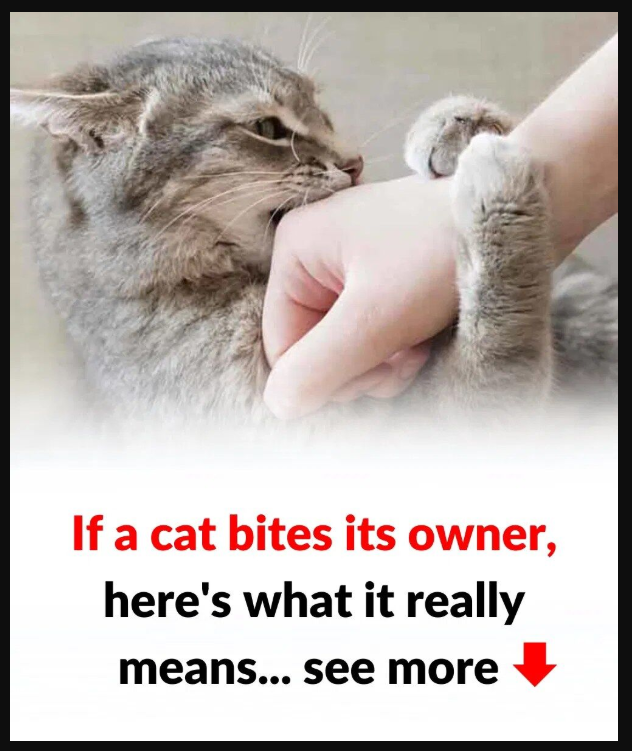Don’t worry, this isn’t always an act of aggression. Often, it’s your cat trying to communicate. Play or Overstimulation Cats are hunters at heart. Light biting during play is normal—it’s part of their instinct. But if overstimulated, a playful nibble can quickly turn into a “That’s enough!” bite. Watch for signs like tail flicking, pinned ears, or darting eyes. Defense or Protection If your cat feels threatened or senses their territory is invaded, they may bite defensively. This can happen if they’re startled or guarding something they claim as “theirs”—a toy, a spot, even you! Pain or Discomfort A sudden change in behavior, like unexpected biting, could signal pain—dental issues, joint pain, or digestive trouble. Cats often hide pain until it becomes too much. Poor Socialization Cats not properly socialized as kittens may not learn that biting hurts. Training and patience can help correct this. Boredom or Frustration Indoor cats can get bored easily. Provide interactive toys, treat hunts, or a cat tree to stimulate their mind
Is Your Cat Nibbling You? Here’s What It Means
